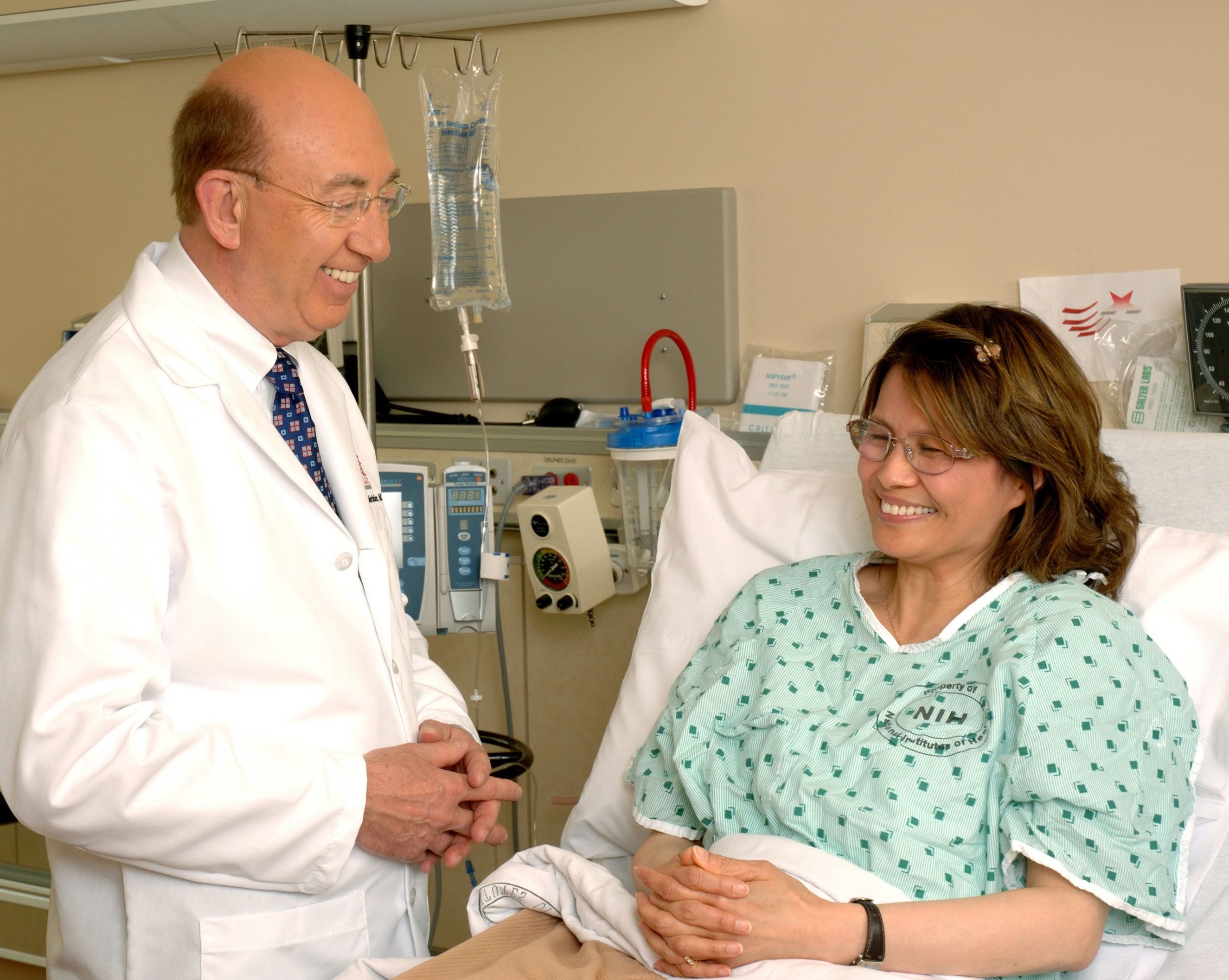Article
Hepatitis B Screening Common, Reinfections Rare, with Anti-TNF Therapy
Author(s):
Screening for hepatitis B virus has become the norm in patients about to undergo anti-tumor-necrosis factor α therapy, but new research finds the risk of reactivation of resolved infections is low.

Screening for hepatitis B virus (HBV) prior to starting anti-tumor necrosis factor α (anti-TNF-α) therapy is increasing, and reactivation of HBV as a result of the therapy occurs only rarely in patients with resolved infections, according to a newly released study.
TNF-α inhibitors have become common treatments for a number of chronic inflammatory diseases. However, since these therapies have immunosuppressive effects, they leave patients vulnerable to opportunistic infections, including HBV reactivation, wrote corresponding author Sami Fidan, MD, of Karadeniz Technical University, in Turkey, and colleagues.
Fidan told HCP Live that the risk can be diminished with proactive action.
“The best way to prevent HBV reactivation caused by anti-TNF is to screen for HBV before treatment and initiatve antiviral prophylaxis in appropriate patients,” Fidan explained. “Therefore, it is recommended that patients be screened for HBV before treatment with TNF-α inhibitors.”
Fidan and colleagues wanted to answer two questions: How often is screening happening, and how common is the problem of HBV reactivation in patients with resolved infections? To get answers, they used data from 1,834 patients who underwent anti-TNF-α therapy in their hospital’s rheumatology, gastroenterology, and dermatology departments between the years 2010 and 2020.
For the purposes of the study, screening was defined as performing an hepatitis B surface antigen (HBsAg) test and/or a hepatitis B core antibody (anti-HBc) test within 6 months of the initiation of anti-TNF therapy. HBV reactivation was defined as the presence of detectable serum HBV DNA or HBsAg seroconversion from negative to positive.
At first, in 2010, only about 2 out of 3 patients (64%) were screened for HBV; however, that rate increased significantly to 87.4% Over the entire 10 years, the overall screening rate was 82.3%.
Fidan said the increasing screening rates were likely tied to increasing literature on HBV reactivation, as well as the fact that Turkey is an endemic region for HBV.
“In recent years, awareness of hepatitis B reactivation due to the use of immunosuppressive drugs has increased among physicians,” he said.
Of the patients screened, 272 patients were found to have resolved HBV (based on testing HBsAg negative and anti-HBc positive). Thirty-one of those patients received antiviral prophylaxis, and none of them suffered reactivation of HBV. Even among the 241 patients who received no prophylaxis, only 1 patient (0.4%) saw reactivation of the virus.
The investigators noted that HBV reactivation rates of up to 40% have been reported in other studies of patients with chronic HBV who were given anti-TNF-α therapy. Among those patients, the mortality rate was 5%. However, there has been less study of patients with resolved infections.
Given the rarity of reactivation in patients with resolved, the investigators argued that “it should be discussed whether this patient group requires routine anti-HBc screening, antiviral prophylaxis, and regular HBV DNA monitoring.”
Yet, they cautioned that many patients receiving anti-TNF therapies might also be taking other immunosuppressive drugs, which might complicate the risk profile of these patients. The authors said the question needs to be studied more.
In the meantime, they said their study affirms that HBV screening has become a top-of-mind concern for physicians, a sign that previous warnings have been heeded.
The study, “Risk of hepatitis B reactivation in patients receiving anti‐tumor necrosis factor‐α therapy,” was published online in International Journal of Rheumatic Diseases.





